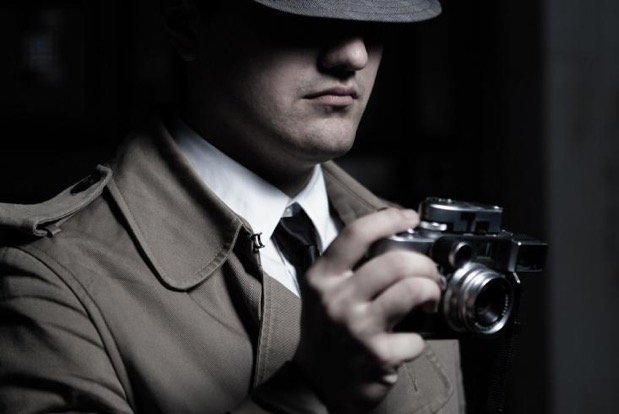Other Important Professionals Involved in Criminal Justice

Your attorney works hard to provide you with adequate counsel regarding any criminal charges levied against you, but lawyers aren’t the only professionals who can work in your corner. In fact, in major criminal cases, you are likely to have an entire criminal justice team assembled to find evidence and argue your case.
Though attorneys might be the rock stars of criminal justice, there are dozens of other professionals educated and experienced in the field and dedicated to finding the truth and seeking justice. Here are some of the professionals you are likely to encounter if you come into contact with the criminal justice system.
Paralegal
A paralegal is not a lawyer — but they have the knowledge and experience to perform work for lawyers. Though a paralegal cannot legally represent you, they are much more than glorified legal assistants; paralegals can research, write reports, correspond with clients and acquire statements from important witnesses, which law clerks and secretaries are prohibited from doing. Paralegals participate in formal training in paralegal studies, and some bolster their education and experience with continued learning programs. For their assistance and expertise, paralegals earn a median income of more than $48,800.
Forensic Professional
Forensics consists of a menagerie of tests and techniques to detect and investigate crime. It doesn’t matter what type of crime you have been involved in; a forensics professional has likely helped study the act. There are dozens of types of forensics; for example:
- Computer forensics delves into digital devices to find evidence of crimes or potential.
- Forensic toxicology uses biology and chemistry to detect poisonous materials or substances like alcohol and drugs.
- Forensic odontology involves the application of dental knowledge to a crime, usually in identification.
- Forensic psychology is applied to determine the competence or criminal responsibility of suspects.
Typically, forensic professionals have at least a bachelor’s degree in their field as well as some kind of forensic certification, but many pursue advanced degrees, including online criminal justice master’s degrees, to bolster their credentials for clients and in court. Salaries of forensics professionals depend largely on their field.
Document Examiner
Too many criminal cases involve fraud and forgery — and not just as the crime on trial. Document examiners are often brought in to inspect documents involved in a case to detect signs of nefarious workings. You will likely have a document examiner on your side if your lawyer (or the court) suspects improper handling of documents. Specialized criminal justice programs can produce document examiners, who will go on to earn an average salary of about $57,850.
Private Detective

No, private eyes didn’t die out with noir movies; private detective services are retained by most law firms for unbiased investigation of crimes. Private investigators also assist public detectives in solving crimes, but most often they perform background checks and uncover information for defendants and their legal teams. PIs typically have criminal justice degrees as well as experience in the field — often as public law officers of some variety — and according to the BLS earn over $48,600 per year.
Fraud Investigator
If the crime you are charged with concerns an insurance company, you might need to work with a fraud investigator. Fraud investigators are paid by insurance companies to look into claims to determine whether certain claims are true before insurance providers disperse payments. There are many different types of insurance claims, from personal injury to property damage, so fraud investigators need to employ a variety of tactics, including document examination and interviews with involved parties. Fraud investigators have at least a bachelor’s degree in criminal justice as well as licensure with appropriate boards. For their efforts, fraud investigators earn nearly $60,000 per year.
Crime Victims Service Coordinator
Being accused of a crime is difficult, but victims of crimes certainly have it worse. Thus, to help victims cope with their situations and continue to serve police and legal teams effectively, crime victims service coordinators often step in. These professionals provide emotional as well as functional support, arranging appointments for victims and ensuring victims transition well into the post-crime lifestyles. Victim’s advocates, as they are also known, can have degrees in fields like social work or psychology, but they must have specific training to behave appropriately around victims. Like other essential caring careers, victim service coordination doesn’t pay well — the salary hovers around $30,830 — but does offer endless satisfaction.
Your lawyer might seem like a superhero, but that’s only because they are backed by a tough team of criminal justice professionals. You can put your trust in professionals like these to uncover the truth and fight for your rights.
More to Read:
Previous Posts:







